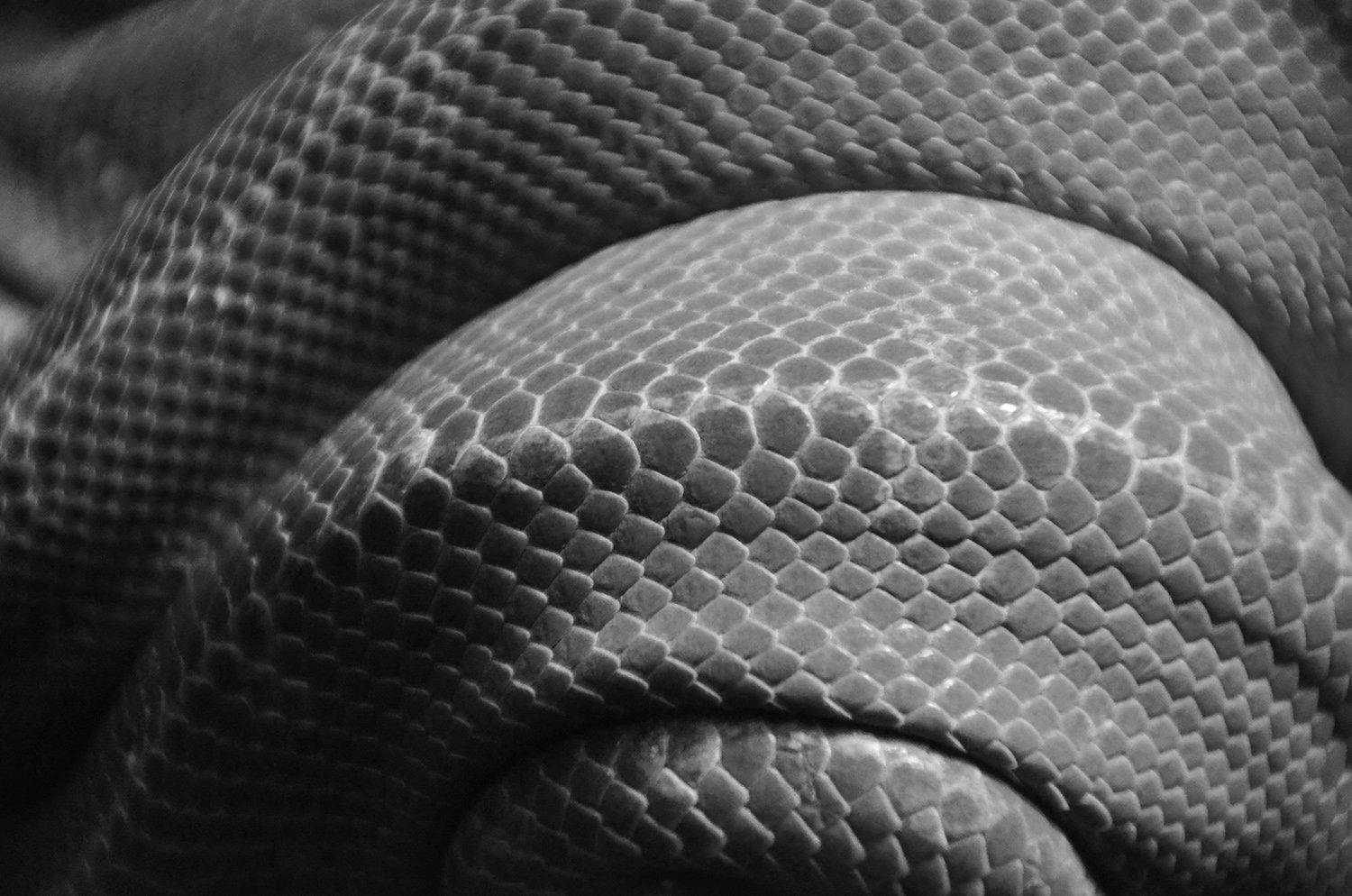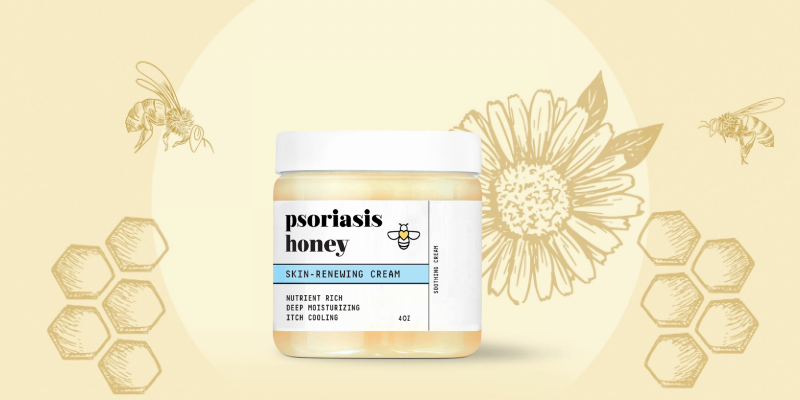
Psoriasis vs Eczema: What's the difference?
Eczema and psoriasis are two common skin conditions that are often mistaken for each other. This is due to the fact that their symptoms may seem the same on the surface. This includes: painful and itchy rashes, flaking skin, and dry skin. However, it is crucial to understand the differences between psoriasis and eczema in order to develop the best treatment plan for yourself or a loved one.
DIFFERENCE: Psoriasis and Eczema Have Different Root Causes
The mechanism of action that causes psoriasis is relatively straightforward: psoriasis is caused by an overactive immune system that causes excessive skin cell reproduction. WIth psoriasis, you can have up to ten times as many skin cells as a normal person in the affected areas of the skin. The mechanism of action of eczema is a bit more nuanced. It can be caused by an allergic reaction (Dyshidrotic eczema) or from coming in contact with something you are allergic to (Contact dermatitis), along with 4 different types of eczema (Atopic dermatitis, Nummular eczema, Seborrheic dermatitis, and Stasis dermatitis). Eczema typically develops in conjunction with other allergies whereas psoriasis typically develops from physical trauma, such as sunburn or injuries.
SIMILARITY: Psoriasis and Eczema are Both Chronic
Both conditions don’t simply go away and there’s no “cure” for either psoriasis or eczema. This doesn’t mean all hope is lost though. With a proper treatment plan and lifestyle, you can live full lives with psoriasis or eczema. Flare-ups can become so infrequent that you essentially are no longer burdened by them.
DIFFERENCE: Psoriasis and Eczema are More Prevalent Among Different Age Groups
We should start by saying that both conditions can affect people of any age. That being said, the most common form of eczema (atopic dermatitis) most commonly begins in childhood whereas psoriasis typically develops from ages 15 to 35. Along with doing skin tests, this is one of the ways that pediatricians or doctors can begin to distinguish the differences between the two.
SIMILARITY: Psoriasis and Eczema both Can Be Helped by Moisturizing
Perhaps the symptom of patchy red rashes combined with dry skin is a cause for the public confusing the two skin conditions with each other. The good news is that both psoriasis and eczema respond quite well to moisturizing. It is best to moisturize after bathing to lock in the moisture. Understand that moisturizing won’t make your condition go away, but it can be one of the most effective ways to treat some of the worst symptoms related to psoriasis and eczema.
DIFFERENCE: Psoriasis and Eczema Have a Different Appearance
Although they may seem similar, psoriasis has a darker more leather-like appearance compared to a typically redder-colored eczema rash. The psoriasis rash itself is also usually more raised above the surface of the skin compared to eczema. Remember though, there are many different types of eczema. For example, Nummular eczema is characterized by circular lesions so it’s hard to generalize about the overall appearance of an eczema rash.
SIMILARITY: Psoriasis and Eczema are Both Not Contagious
Your friends and family don’t need to worry about getting infected if you have either skin condition. Those who are not educated about psoriasis or eczema may freak out when they see your red rash but you simply cannot “give” it to others since it’s not contagious. The only caveat to this is if your rash causes an open sore or wound. This could cause you to contract a completely different type of infection that may be contagious to others.
DIFFERENCE: Psoriasis and Eczema Can Both Be Managed by Diet and Lifestyle
In addition to a proper skincare routine, you can manage the symptoms of both conditions through a 360-degree approach to treatment. An anti-inflammatory diet rich with Omega-3s can help to reduce flare-ups. Defining the foods that “trigger” your rashes and systematically avoiding them will also help. Regularly exercising can help to reduce stress which can make your condition better.
SIMILARITY: Psoriasis and Eczema are Both Serious
Don’t let anyone downplay the impact that either psoriasis or eczema can have on your daily life. Not only is it extremely annoying, both conditions can cause a high degree of pain as well. Just because it’s not fatal like cancer or aids doesn’t mean it shouldn’t be taken seriously. That’s why it’s critical to consult your doctor or general practitioner for a proper diagnosis and treatment plan and to educate your friends and family.
DIFFERENCE: Psoriasis and Eczema Require Different Treatment Products
While there are some skincare products that effectively treat both, a more customized approach is still needed. For example: Salicylic acid is a skincare treatment that may be highly effective in helping with psoriasis. That’s because salicylic acid helps promote the turnover of dead skin cells which reduces scaling.
Conclusion: Know the Differences
Despite both being chronic skin conditions, psoriasis and eczema have different root causes that require different diagnosis and treatment. While this guide by no means acts as a substitute for a proper diagnosis, hopefully it can help guide you in the right direction in your research path with your doctor to develop treatment strategies that let you live your life to the fullest, regardless of whether you have psoriasis or eczema.



1 comment
Does your paoriasis honey contain salicylic
acid?
April
Leave a comment
This site is protected by hCaptcha and the hCaptcha Privacy Policy and Terms of Service apply.